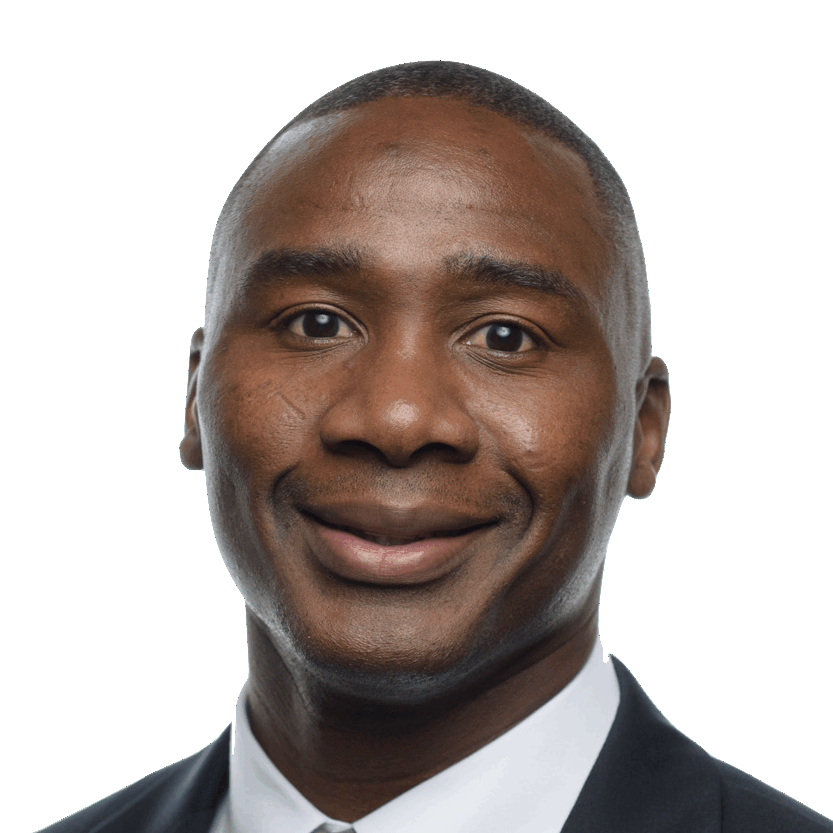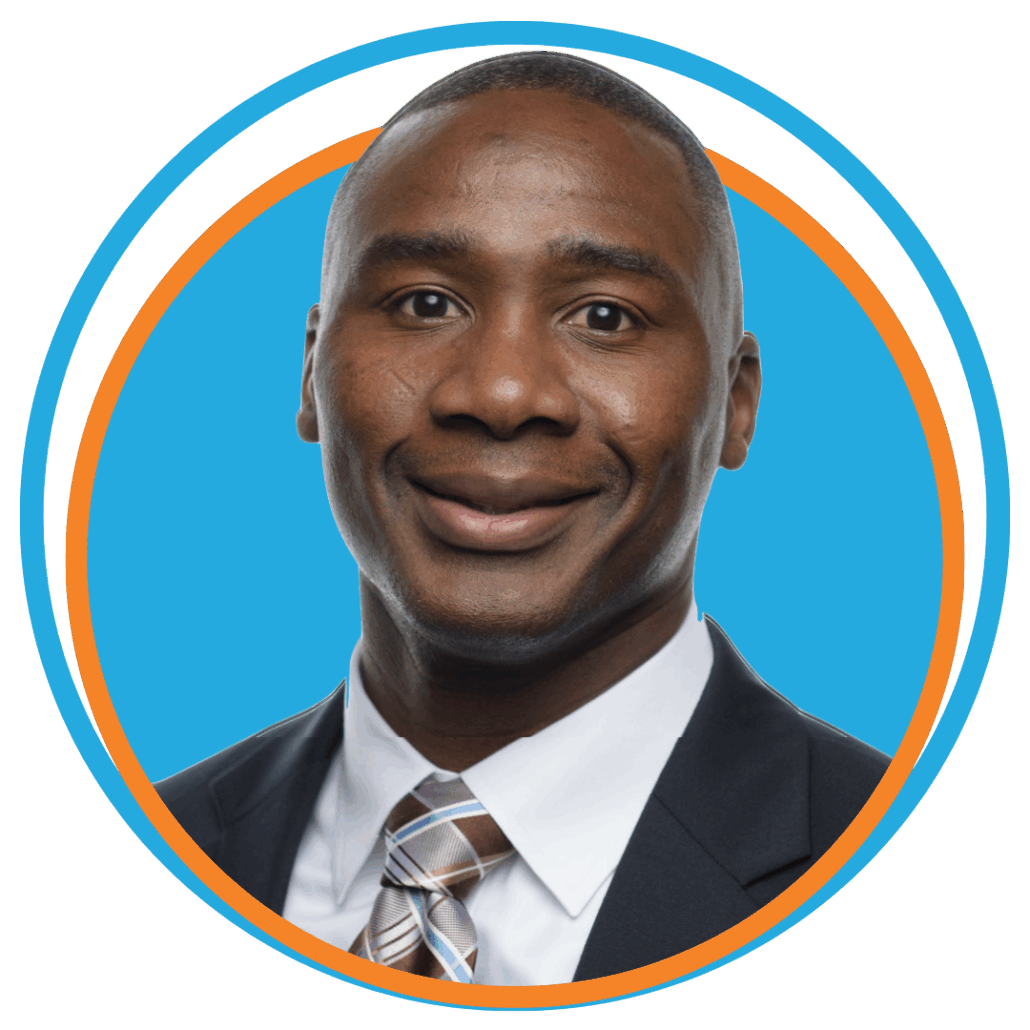[et_pb_section fb_built=”1″ admin_label=”section” _builder_version=”4.21.2″ custom_padding=”20px||20px||true|false” global_colors_info=”{}”][et_pb_row admin_label=”row” _builder_version=”4.16″ background_size=”initial” background_position=”top_left” background_repeat=”repeat” global_colors_info=”{}”][et_pb_column type=”4_4″ _builder_version=”4.16″ custom_padding=”|||” global_colors_info=”{}” custom_padding__hover=”|||”][et_pb_text _builder_version=”4.21.2″ _module_preset=”default” global_colors_info=”{}”]
As the college semester or term winds down, students will scour their notes to prepare for their exams. But do they have an effective note-taking method?
Their system may be useful for capturing information but not good enough to prepare them for tests. Since much of students’ academic work involves their notes, a bad note-taking method means wasted time and poor grades.
I’m giving students my note-taking cheat codes this week.
Use these strategies and watch students’ learning and grades soar!
[/et_pb_text][et_pb_text _builder_version=”4.21.2″ _module_preset=”default” text_font=”|700||on|||||” text_text_color=”#215921″ text_font_size=”20px” custom_margin=”50px||20px||false|false” global_colors_info=”{}”]
Cheat Code #1: Know Thy Purpose
[/et_pb_text][et_pb_text _builder_version=”4.21.2″ _module_preset=”default” locked=”off” global_colors_info=”{}”]Most students are doomed from the start because they miss the purpose of notes. Notes are only useful if they help you in the future, not in the present. In the first four minutes of the full YouTube video, I illustrate what must happen in students’ minds to take great notes. Check out the short preview below.[/et_pb_text][et_pb_video src=”https://www.youtube.com/watch?v=HjfWvbFU3gI” _builder_version=”4.21.2″ _module_preset=”default” custom_margin=”||20px||false|false” global_colors_info=”{}”][/et_pb_video][et_pb_text _builder_version=”4.21.2″ _module_preset=”default” global_colors_info=”{}”]
This is a comment-driven post. If you like this content, please leave a message below and on the YouTube page. The more love you share, the more lessons I share.
Next, I hope to share ways to move students from a chronological note-taking method to a better thematic method.
[/et_pb_text][et_pb_text _builder_version=”4.21.2″ _module_preset=”default” text_font=”|700||on|||||” text_text_color=”#215921″ text_font_size=”20px” custom_margin=”50px||20px||false|false” locked=”off” global_colors_info=”{}”]
CHEAT CODE #2: TAKE THEMATIC NOTES
[/et_pb_text][et_pb_text _builder_version=”4.21.2″ _module_preset=”default” locked=”off” global_colors_info=”{}”]Students’ default method of taking notes is to order them chronologically. This makes perfect sense because that is the manner in which they received their notes.
But to ensure they achieve conceptual continuity, which is the synthesis of concepts across the lifespan of a course, students should reorganize their notes around their courses’ learning outcomes.
Most students overlook those outcomes, but those who discover how to use these tools work smarter and perform better.[/et_pb_text][et_pb_text _builder_version=”4.21.2″ _module_preset=”default” custom_margin=”||10px||false|false” locked=”off” global_colors_info=”{}”]
Preview Cheat Code #2 below. Click the video to see the full session.
[/et_pb_text][et_pb_video src=”https://www.youtube.com/watch?v=HjfWvbFU3gI” _builder_version=”4.21.2″ _module_preset=”default” custom_margin=”||||false|false” locked=”off” global_colors_info=”{}”][/et_pb_video][et_pb_text _builder_version=”4.21.2″ _module_preset=”default” text_font=”|700||on|||||” text_text_color=”#215921″ text_font_size=”20px” custom_margin=”50px||20px||false|false” global_colors_info=”{}”]
CHEAT CODE #3: THE TRIPLE TRIANGULATE NOTE-TAKING STRATEGY
[/et_pb_text][et_pb_text _builder_version=”4.21.2″ _module_preset=”default” locked=”off” global_colors_info=”{}”]Students are marching toward exams fast! What should they do with their notes?
They can use the Triple Triangulation strategy to find the coveted “sweet spot” in their notes and produce the certainty and clarity they seek.
After using this strategy, students will know that there is so much more to the note-taking process than simply scribing notes and reviewing them.[/et_pb_text][et_pb_text _builder_version=”4.21.2″ _module_preset=”default” custom_margin=”||10px||false|false” locked=”off” global_colors_info=”{}”]
Preview Cheat Code #2 below. Click the video to see the full session.
[/et_pb_text][et_pb_video src=”https://www.youtube.com/watch?v=HjfWvbFU3gI” _builder_version=”4.21.2″ _module_preset=”default” custom_margin=”||||false|false” locked=”off” global_colors_info=”{}”][/et_pb_video][et_pb_code _builder_version=”4.21.2″ _module_preset=”default” global_colors_info=”{}”][gravityform id=”26″ title=”false” description=”false”][/et_pb_code][/et_pb_column][/et_pb_row][/et_pb_section]


12 comments
Tamara Lewis
This is also good thought-provoking material for teachers and presenters. You don’t want to “spoon feed” your students, especially on the college level, but it’s also quite a reach to expect them to know your “big concepts” that structure their note taking (and comprehension) if you haven’t outlined the scope and structure of your course or your organizing principles of your presentation.
Leonard Geddes
Hi Tamara.
Many teachers and presenters struggle with “coverage” or how much and what to cover. If you cover too much or not the right things, then we strip the audience of their creativity. But if we don’t cover enough, then we leave the audience unable to put the pieces together. It’s a delicate balance that I’m still striving to master, but the thematic notes method has helped!
Harriett Gaston
The information on taking notes for a college course (or any presentation) is so helpful. I hope to use this information when I’m meeting with academic advisees after their grades are posted. My advisees and other students that I meet seem to be ready to hear this information on being a better academic student after they don’t earn the grades that they thought they would earn. These videos will help me and the students that I share this with to develop “game plans” to be a better student.
Leonard Geddes
Hi Harriett.
I hope these videos help those game plans achieve even better results.
Elizabeth
HI
I like the way is was explained about the chronological and the thematic but we all have a different way of taking notes or information.
Leonard Geddes
Elizabeth, thanks for the comment.
I agree that there are many ways to notes. My concern is not how students take notes, but if their notes are most usable to them later when they need them. I hope the thematic notes strategy helps your students do the type of mental work that is needed in cognitively complex courses.
Janice Taylor
You have to click watch full episode to see it.
Leonard Geddes
Hi Janice,
Thanks for the clarification. Yes, the clips on this page are just to give you a flavor, so you can judge if you want to watch the full video. You must click on the video to watch the full session.
Randi Bibins-Clark
Notes taken based on time vs thematic notes – so important but so difficult to get students to change their mindset and begin thinking this way. Thanks for highlighting it!
Leonard Geddes
Hi Randi,
That is well said, and you are correct. Switching to thematic note-taking requires students to change from their default approach. But those who do unanimously report that they save time, learn better and score higher.
John LoSasso
Leonard Geddes is an amazing educator. This post, as do all his posts, moves the needle in the learning assistance community.
Leonard Geddes
Hi John,
Thanks for the compliment! We all learn from each other!